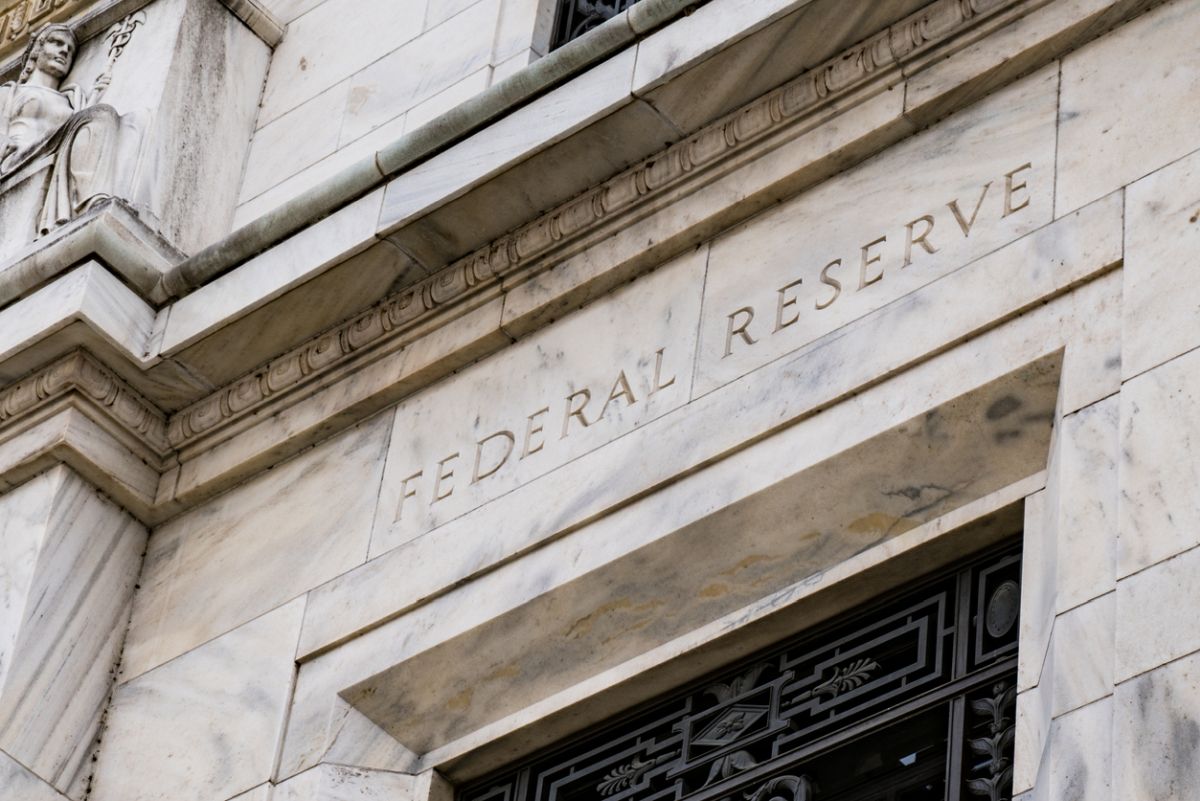Rupee’s struggle
The Indian rupee’s recent struggles underscore the intricate dynamics of global and domestic factors influencing its value.

The Indian rupee’s recent struggles underscore the intricate dynamics of global and domestic factors influencing its value.

The US Federal Reserve’s decision to lower its benchmark interest rate to a range of 4.25-4.50 per cent marks a turning point in its monetary policy.

Tokyo stocks retreated on Wednesday as investors grappled with heightened uncertainties surrounding US monetary policy and geopolitical tensions between Ukraine and Russia.

India’s central bank faces a critical decision as it navigates the delicate balance between supporting economic growth and maintaining inflation control.

The US Federal Reserve’s recent stance on interest rates has sent ripples of uncertainty through both domestic and international markets.
India's strong growth trend, driven by capex and productivity, implies interest rates could be higher for longer, Morgan Stanley said.
The latest US jobs report has set the stage for a recalibration of expectations at a time each economic indicator carries weighty expectations. The resounding message: uncertainty looms, and the Federal Reserve finds itself at a pivotal crossroads.
US Federal Reserve Chairman Jerome Powell finds himself at the centre of monetary policy moves that could sway the economic tides in a Presidential election year.
US stocks fell on Monday after Federal Reserve Chair Jerome Powell said on Sunday that the central bank is not ready to cut interest rates yet, a media report said.
The decision to leave interest rates unchanged and the subsequent remarks from Fed Chairman Jerome Powell have sparked a sea change in market sentiment.
